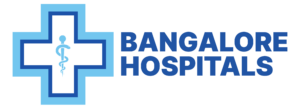For Emergency
Jayanagar: +91- 8317310513 Kengeri: +91- 9692108108
- Home
- About
- Locations
- Find Doctors
- Centre Of Medical Excellence
- Specialities
- Accident & Emergency Care
- Anesthesiology
- Cardiothoracic Surgery
- Dermatology
- Diabetes & Endocrinology
- Ear, Nose & Throat
- Fetal Medicine
- General Medicine
- General Surgery
- Hematology & Hemato-Oncology
- Hepatobiliary Surgery
- ICU & Critical Care
- Infectious Diseases
- Interventional Radiology
- IVF & Infertility
- Nephrology
- Ophthalmology
- Pain Medicine
- Physiotherapy
- Podiatric Surgery
- Radiology
- Rehabilitation & Physical Medicine
- Vascular & Endovascular Surgery
- International Patients
- Research & Education
- Contact
- Book an Appointment




